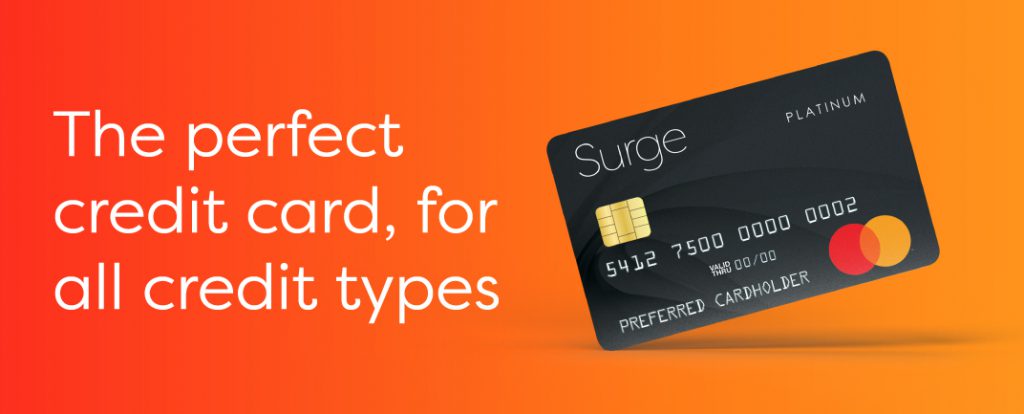Reporting Good Payment History for Renters Can Instantly Boost Their Credit Score
Did you know that if you’ve been making your rent payments on time that your credit score can improve by more than 40 points if that was reflected on your credit history?
Your landlord likely knows this, as do the credit bureaus.
A credit rent boost is fast becoming a trend. But it has yet to really catch on with the ones who need it most: Renters.
Most people know that building a strong credit history involves showing that they are a good candidate for credit or a loan.
The Consumer Financial Protection Bureau offers advice on how to get and keep a good credit score.
One of the keys the CFPG highlights is to make payments on a credit card balance on time.

Other big payments like a mortgage or a car loan are also big indicators on a person’s credit report.
But an on-time payment history of your rent is something many people never considered to be an indicator of good credit history.
That’s the thing though, paying rent on time is a great example of what a credit report from all three credit bureaus is looking for.
You can build credit history with rent payments. Ongoing reporting of your on-time payments helps establish your good record.
According to the credit bureau Experian: “A credit history is vital in today’s economy and enables you to obtain valuable credit services such as credit cards, mortgages and auto loans. Lenders use credit reports and credit scores like your FICO score to gauge the likelihood that you will pay back a loan. We understand the importance of building credit history and believe that responsible renters should get credit for managing their rental payments.”
Chris Parker, executive director of Giv Development, told Janna Herron of USA Today that rent reporting is a very useful indicator of a person’s credit history.
Parker said Giv Development – a Salt Lake City Utah developer of affordable housing properties – had a collection of residents that did everything right including paying rent on time for years and being mindful of how they managed their money.
“They were the epitome of good credit risks,” Parker told Herron.
How to Report Rent to Credit Bureaus
Typically, there are two options to report rent payments to credit bureaus and have that appear on your credit history:
- Landlord Side. Goldman Sachs Bank USA has just begun testing a new program that would add rent payment history to a person’s credit history. This pilot program is similar to other offerings from a variety of companies including the three main credit bureaus Experian, Equifax and TransUnion. These programs and apps take the burden off the customer and put it onto the landlord or property manager.
- Renter Side. The other option is to report the history yourself. There are a variety of rent-reporting services available that can get your rent payments reflected on your credit reports. Some of these are free, but other options charge a monthly fee.
What is the Impact of Rent Reporting on Your Credit Score?
While testing their new credit rent reporting program Goldman Sachs found the average score of their participants increased by 42 points, going from a credit score of 616 to 658.
This increase put many on the cusp or over the line of being considered a prime borrower. That opened up a lot of credit options.
What’s most interesting about the GS program is that the boost was immediate.
Compared to other strategies, this rent reporting program was happening instantly while other strategies could take months to show an impact.
How did the program generate near instant results? It had to do with the amount of payments added to a person’s credit history.
The Goldman Sachs program added up to 24 months of rental payment history to a person’s credit history. This historical data obtained a big boost very quickly.
Previous programs run by Credit Builders Alliance, the company Goldman Sachs partnered with to test their credit report rent program, showed a 23-point average increase among renters.
The Benefits of the Increase to Your Credit Score
Remember there are multiple sources of credit scores that show up on your credit history, including the FICO Score and the VantageScore.
So what does a 40-point increase to your credit score mean in real-life terms?
- For some, it means having a credit score for the first time, giving them the origin point to build a positive credit history.
- Having a credit history opens up the ability to pay for security deposits, set up utilities, or get a cellphone account.For some they can qualify for credit cards and loans, including a student loan.
- For others who had lower scores the boost can lower the interest rate on many loans, giving them an affordable payment option.
- Credit history in some states also affects auto insurance premiums.
- And bringing this back around, landlords check credit reports so this boost can affect residents who are renewing their rental agreements.
What About Those Options to Report Rental Payment to Credit Bureaus?
There has been a push in the credit score industry to get more people on board with adding rental payment history.
- The benefits to the renter are clear and high impact.
- The benefits to property managers are also vivid – they can make more informed decisions about their properties.
- The benefits to credit bureaus, credit card companies, and lenders are also clear – having more data helps makes it easier to reduce risk.
So why isn’t this everywhere already?
Property management companies and landlords are the biggest bottleneck to widespread use of this strategy.
Currently the various apps and programs that do this most conveniently for renters put all of the onus on landlords.
Companies like Goldman Sachs and Experian with their own initiatives like RentBureau are trying to make this as seamless and easy for both property managers and residents.
But it’s difficult to get rent reporting to be convenient.
Experian and the Experian product RentBureau have options for residents and landlords.
But product and company have had a hard time getting widespread acceptance and mentioned herein are the property managers Experian marks as prime targets of the service who are slow to adopt.
Experian report rent tools are still looking to lead the way, however, and TransUnion is following suit with its own initiatives.
A study by TransUnion recently showed that only 17% of property managers report rent to the three major credit bureaus.
The same study also revealed, however, that almost two-thirds of the property managers polled were aware of the possible benefits of reporting rend to credit bureaus.
On the resident side, almost 75 percent of the renters surveyed said they would be more likely to make payments on time if they had a rent reporting feature.
And almost 66 percent of residents said they would choose an apartment that offered free rent reporting versus a similar apartment that did not.
Over fifty percent of renters said they would like to have their rent reported to credit bureaus.
TransUnion offers a service to landlords for rent reporting. But to report rent to Equifax, you have to use a third party application like the ones mentioned below.
If your landlord or your property manager does not offer or will not help you report rent to credit bureaus, there are a number of options you can take yourself and improve your credit score.
Third Party Tool Options for Rent Reporting
Some of the top options work directly with and partner with the three credit bureaus. These company names mentioned include:
- ClearNow: This service debits your rent directly from your checking or savings account. There’s no cost to tenants. However, the landlord must be signed up and pay a registration fee. For credit history and rent reporting there’s an opt in and payments are reported to Experian RentBureau.
- eRentPayment: This service reports to all three credit bureaus. But it is another landlord bottlenecked service as tenants may only sign up for this rental payment service if the landlord is registered. There is a $3 per transaction fee for processing electronic rent payments and the landlord may split that cost or require that the tenant pay it in full.
- PayYourRent: It reports to all three credit bureaus. This popular service has variable fees, depending on how rent is paid; in some cases, the fees are paid by property management.
- Rental Kharma: It reports to TransUnion. Rental Kharma cost is an initial setup of $25, and the service is $6.95 per month. During enrollment, you can report payments made in the previous 24 months for a fee of $5 per month reported.
- Rent Reporters: It reports to TransUnion and Equifax. There is a one-time enrollment fee of $94.95, which includes up to two years of reported rental payments, then the service is $9.95 per month.
- RentTrack: A look-back of up to 24 months is available on your current lease. It reports to all three credit bureaus. Fees can vary depending on whether your landlord is a client. Without landlord participation, RentTrack collects the rent for a $6.95 fee and then sends a check to your landlord.
- Rock the Score: It reports to TransUnion and Equifax. There is an enrollment fee of $25, and ongoing service costs $8.95 per month. There is a $99 fee for reporting up to two years of rental history.
Even with using some of these services, your landlord may still need to verify your rent payments.
Some services may not be able to report your payments if your landlord won’t verify or if your spouse or roommate are not on board with the process.
To learn about RentBureau and registered trademarks of Experian information visit their site here.

People Also Read
- These Things Will Destroy Your Credit Report
- How Minimum Credit Card Payments Impact Your Credit Score
- Closing a Paid Off Credit Card Account: Good or Bad?
Continental Finance is one of America’s leading marketers and servicers of credit cards for people with less-than-perfect credit. Learn more by visiting ContinentalFinance.net



